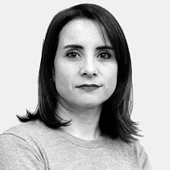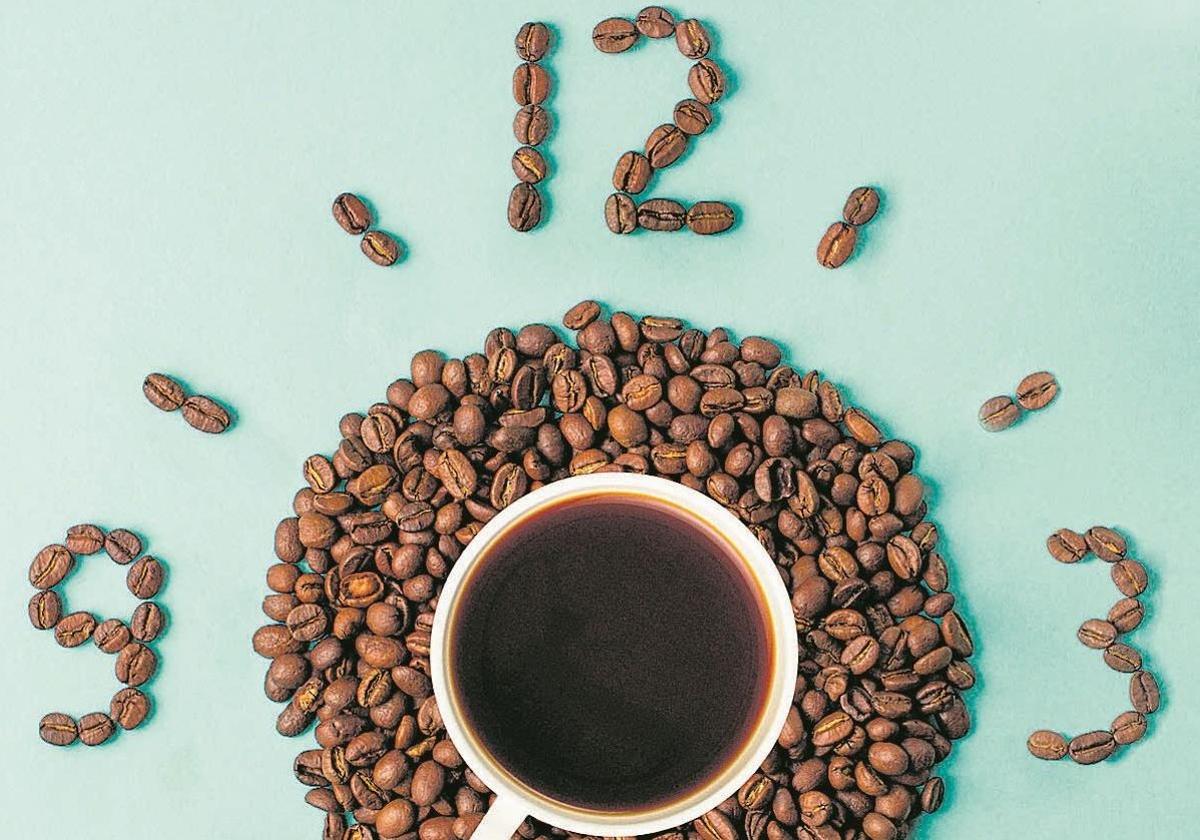For a good night's sleep, avoid drinking coffee after this time
Caffeine only takes effect after 30 minutes and then stays in the body for up to 12 hours
How many times have you given up a mid-afternoon coffee for fear of not being able to sleep that night? Almost certainly a lot more than you really wanted to sacrifice. "Well, decaf is better, otherwise I won't sleep a wink."
In fact, one of the most frequent doubts over our imbibing of this very popular beverage in Spain - seven out of ten of the population aged between 18 and 65 drink an average of two cups a day - is precisely up to what time of day we can afford to drink coffee without it affecting our sleep. In other words, how long does the effect of this stimulant last in our bodies?
Before delving into the topic further, it is worth clarifying that not everyone metabolises and eliminates caffeine in the same way. "There are those who expel it more quickly and are hardly affected by its consumption, and those who need more hours to do so, so they are under its effect for longer," says Héctor Castiñeira, better known on social media as the 'Enfermera Saturada' (the 'overwhelmed nurse') and author of the book '¿Quién se ha llevado mi energía?' ('Who's taken away my energy?').
Generally speaking, it could be said that people who have difficulty falling asleep or have disturbed sleep patterns should not drink coffee after midday or 1pm at the very latest. "We should bear in mind that caffeine starts to take effect 30 minutes after drinking it. And six hours later, half of the stimulant is still active, so it prevents the tiredness signal from reaching our brain. But that's not all. Twelve hours after that first coffee of the day, about 25% of the caffeine in the breakfast cup is still doing its thing. It's not much, but it may be enough to make some people feel insufficiently tired and find it hard to fall asleep," says Castiñeira.
Let's get going!
Caffeine acts directly on our bodies to keep us alert. "We spend so many hours awake and get so little sleep that our brains are exhausted, which is why we end up turning to coffee to keep us going. And how does caffeine keep us awake? By hindering the work of adenosine, which is the molecule that makes us feel tired. When we drink a cup of this psychostimulant, the caffeine passes from the gut into the bloodstream and from there to the brain. Once there, the caffeine molecules will bind to A1, A3 and A2A receptors, but prevent adenosine from binding to them, thus preventing the exhaustion signal from reaching our brain. It's not that we are not tired, it's just that, for several hours, caffeine does not allow us to feel tired," explains this health expert.
So, as well as interfering with adenosine and preventing it from doing its job, that cup of coffee we drank for breakfast also activates the hypothalamic-pituitary-adrenal axis in the body, a trio with an almost unpronounceable name that is responsible for releasing two hormones into the blood: adrenaline and cortisol. "These two substances increase the heart rate, constrict the blood vessels, dilate the airways so that we take in more air when we breathe, increase blood pressure, prepare the muscles to start working, increase the diameter of the pupils and so on. In short, they put us on alert, make us feel more alert, and make us feel more relaxed. In short, they make us alert, clear our heads and even increase our muscle strength," says Castiñeira. So the next time your parents, your children or your flatmates tell you not to speak with them until they have had their first coffee and feel more human, listen to them because they have a valid point.
More and more needed
If you are a heavy coffee drinker, one of those who drink well over two cups a day, you will notice that you need more and more caffeine to achieve the same effect and feel just as alert. Héctor Castiñeira suffers from this every time he has to work the night shift at the hospital. "Years ago, with a coffee after dinner I could stay awake until dawn without feeling tired. But nowadays I need another cup at around two in the morning if I don't want to fall asleep in the first chair I find." This phenomenon is known as tolerance and forces us to increase our caffeine doses from time to time to achieve the same effect. "It is a normal and natural process that originates in the brain."
Take care, decaf is not caffeine-free
Decaffeinated coffee does actually contain some caffeine - very little, but it is not at absolute zero. This type of coffee, usually drunk with milk, comes from beans with 97% of the caffeine removed by different processes just before roasting and grinding. Its colour and flavour are usually slightly milder, while its nutritional value is very similar. A cup of this type of coffee usually contains between 3 and 4 milligrams of caffeine, a very small amount compared to a full-bodied coffee or to a cola drink. Can children drink it? From the age of eight or nine there should be no problem, but never as a substitute for milk and never without sugar.

